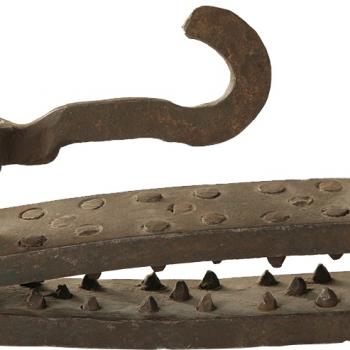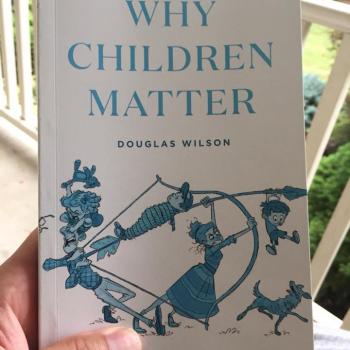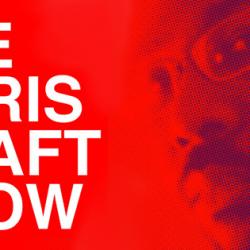The good folks at CrossPolitic just published an essay of mine. Here’s how it starts, the link below will take you to the rest of it. Please check out the work of CrossPolitic while you’re there.
A lot of ink has been spilled on the subject of fragility, particularly when it comes to young people—you know, safe-spaces, and coloring books on college campuses, and all of that.
And while I could add my voice to the chorus, I think fragility is more pervasive than this. I suspect that most people, from every age cohort, no matter where they live, feel more vulnerable than people used to feel. They feel fragile. And there is an irony here, because in many ways we’ve never had it so good. We’re wealthier, healthier, and safer than ever. So what’s the trouble?
We’re more dependent than ever, that’s the trouble. Deep down we know we can’t take care of ourselves. Many of us have never had to. We’re cared for, planned for, and provided for by large, matronly institutions intent on removing all the uncertainty from our lives. I think it is fair to say that we live in a toxic matriarchy.
I recall a sitcom in the 70s called, “HOT L BALTIMORE” (the “E” had burned out on the sign). The hotel was filled with quirky residents, one of whom was a widow named Mrs. Bellotti.
Mrs. Bellotti had a grown son in diapers named “Moose”. He never came out of their apartment, and he was never seen, he was just heard, stomping around above the lobby of the hotel. Mrs. Bellotti nurtured and defended him with her powerfully enervating mother-love to a laugh track. Toxic matriarchy can make a fool out of you.
Good things can go bad, and even motherhood can go too far. This is what I mean by toxic matriarchy. A toxic matriarch fosters unnatural dependencies. Her nurture keeps people soft, vulnerable, and child-like. But as I am sure you have guessed, what I am describing is bigger than a few controlling women. Toxic matriarchy has been institutionalized. It’s everywhere. Forget all that stuff about patriarchy. Patriarchs say things like, “grow up”. We haven’t heard that message in a long, long time.
The Church is a mother, too. We should thank her for nurturing us. But we also have a father who expects us to grow up. And like good sons, there ought to be a day when we defend our mother, even from herself. And for that, a healthy measure of independence is needed.
Many pastors are too fragile to be depended upon for that. I don’t mean they’re fragile emotionally. I mean they are vulnerable, primarily to a loss of livelihood (such as it is—not many of them make much).
This makes it harder to tell hard truths. Telling the truth, may I suggest, is what makes a pastor a man. (Paradoxically it is also what makes the Church a good mother.) And it also makes a pastor a professional. Professionals profess. That’s the vocation.
Once there were three vocations that made truth their profession: law, medicine, and the ministry. Later the disciplines of academe were added. Ensuring the security of professionals is what tenure is for, either on the bench—when it comes to judges—or in academe—when we’re talking about college professors. (Medicine’s truth is self-evident.)
It would be nice if pastoral ministry had some sort of tenure track. But it doesn’t. What you need to do is make your own. So, if you’re a pastor and you find yourself afraid to say what you really believe, here is some advice on developing your own form of tenure.
You should begin in your head.












